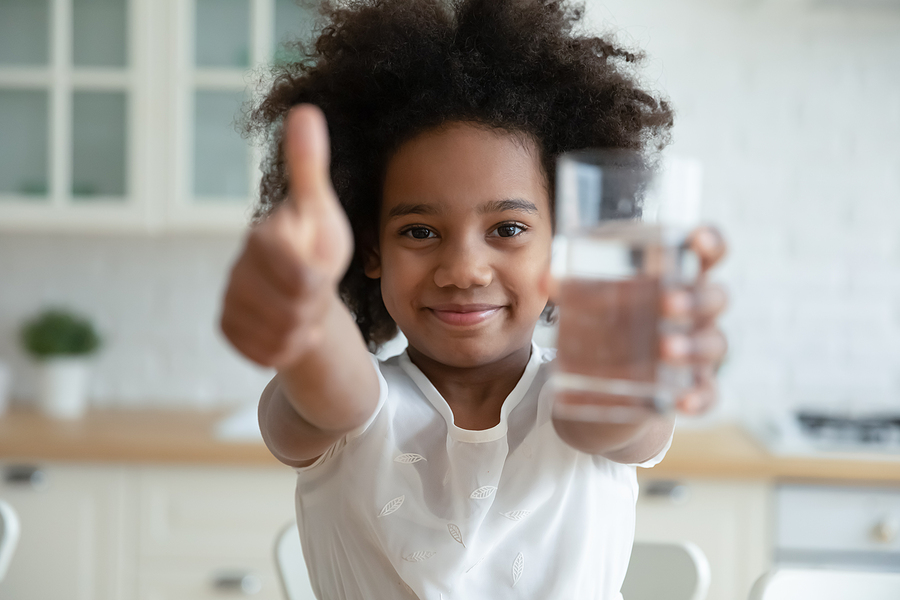
Motivating peer influencers to promote health behaviors
The use of peer influencers has become very popular in recent years. They are not only used to promote brands and products, but also to stimulate healthy behavioral change. A study published in BMC Public Health examines how to optimally motivate peer influencers to promote a health behavior, specifically water consumption. The study shows that using an autonomy-supportive approach is highly effective in motivating peer influencers to perform and promote water consumption.
Take aways
- Instructing peer influencers in an autonomy-supportive manner by providing arguments that are meaningful to them intrinsically motivates them to perform and promote the desired health behavior.
- The skills taught to peer influencers should focus on face-to-face promotion strategies, as this is how they prefer to promote the behavior to their peers.
- Health campaign developers should take into account the perspective of peer influencers and emphasize that they themselves may choose how to promote the health behavior, as this strengthens their intrinsic motivation which contributes to successfully influencing positive health behaviors in their social environment.
Study information
Who?
37 peer influencers (mean age: 10.84, age range: 9-13 years) and 112 peers (mean age: 10.84, age range: 9-14 years) in the classroom networks of the peer influencers.
Where?
The Netherlands
How?
In line with the self-determination theory of Deci & Ryan an autonomy-supportive approach was used to develop a training for peer influencers with the goal to intrinsically motivate them to perform the health behavior themselves and to promote it among their peers. An autonomy-supportive approach is a combination of providing personal meaningful arguments, choices, and encouraging self-initiative in a caring and supportive manner. Both the peer influencers and their peers answered questions about their intrinsic motivation to drink water. The peer influencers not only indicated how much water they drank, but also what strategies in the training motivated them to drink more water. In addition, the peer influencers indicated what promotional techniques they had used to motivate their peers. To evaluate how their peers perceived these promotional techniques, the peers indicated whether they felt supported in drinking water and whether they felt that others thought they should drink more water.
Facts and findings
- The training was effective in increasing peer influencers’ intrinsic motivation to drink more water and also increased their own actual water consumption.
- To promote water drinking among their peers, peer influencers mainly used face-to-face promotion techniques (such as modeling, talking to peers about drinking water, and supporting them in drinking water) rather than online promotion techniques (such as sending messages via social media about drinking water to their peers).
- Next to succeeding in getting their peers to drink more water and less sugary drinks (read more), the peer influencers also managed to make their peers feel more supported in drinking water and to increase the feeling that others think they should drink more water.
- The peer influencers did not succeed in increasing their peers’ intrinsic motivation to drink water.